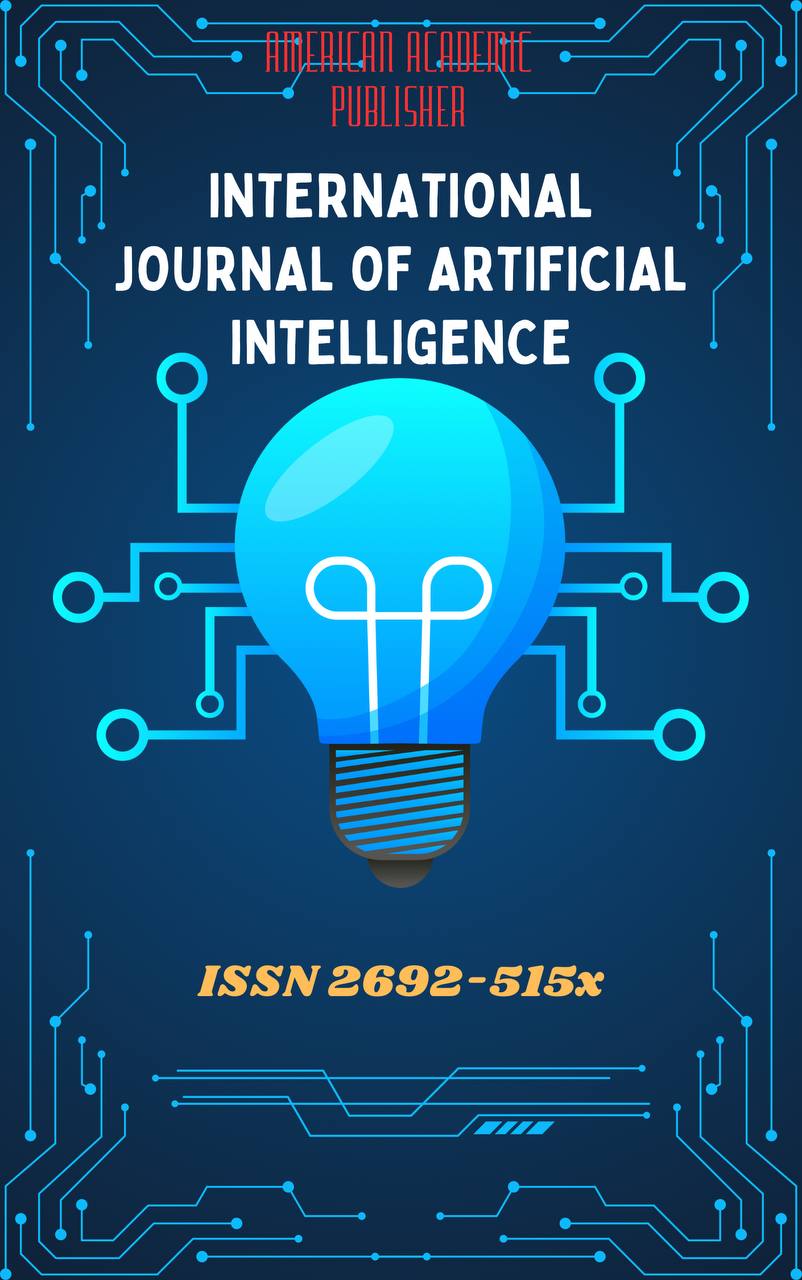 Articles
| Open Access |
Articles
| Open Access | THE ROLE OF ARTIFICIAL INTELLIGENCE IN TEACHING RUSSIAN AS A FOREIGN LANGUAGE
Buranova Nilufar Shavkatovna , PhD, Assistant of the department of “Uzbek language and literature, languages” Andijan State Medical InstituteAbstract
Author describes the experience of using ready-made neural networks (ChatGPT) and those developed by means of chat bot designers as a means of teaching Russian as a foreign language; the advantages and disadvantages of introducing chatbots in teaching business and scientific communication are revealed; the prospects for introducing artificial intelligence into the practice of teaching Russian as a foreign language are determined.
Keywords
digital linguodidactics; artificial intelligence; chatbot; ChatGPT; Aimylogic; Alice’s voice assistant; business Russian; scientific style of speech; communicative competence.
References
Kovtun L.V., Gladkov Yu.P. Dialogue simulator as a means of developing communication skills of foreign listeners in the digital environment // Philological education in the digital age: experience of updating educational programs: Collection of abstracts of the International scientific and practical conference. Moscow, 2022. Pp. 62–66.
Kopotev M., Katinskaya A. et al. REVITA: language study based on corpus approaches // Corpus linguistics - 2019. Proceedings of the international conference / St. Petersburg State University, Institute of Linguistic Studies of the Russian Academy of Sciences, Herzen State Pedagogical University of Russia. SPb., 2019. Pp. 30–39.
Kotane L.V. Russian language for business communication. Study guide: basic course of studying business Russian as a foreign language. St. Petersburg: Zlatoust, 2014. 180 p.
Kuznetsova A.A., Aksenova E.D., et al. Artificial intelligence in teaching Russian as a foreign language in a medical university: reality and prospects // Tver Medical Journal. 2022. Issue. No. 4. P. 112–115.
Patrusheva L.S. Using chatbot technology in teaching Russian as a foreign language at the elementary level: from the development experience // Bulletin of Udmurt University. Series: History and Philology. 2022. Vol. 32, Issue 4. P. 848–853.
Article Statistics
Downloads
Copyright License

This work is licensed under a Creative Commons Attribution 4.0 International License.

